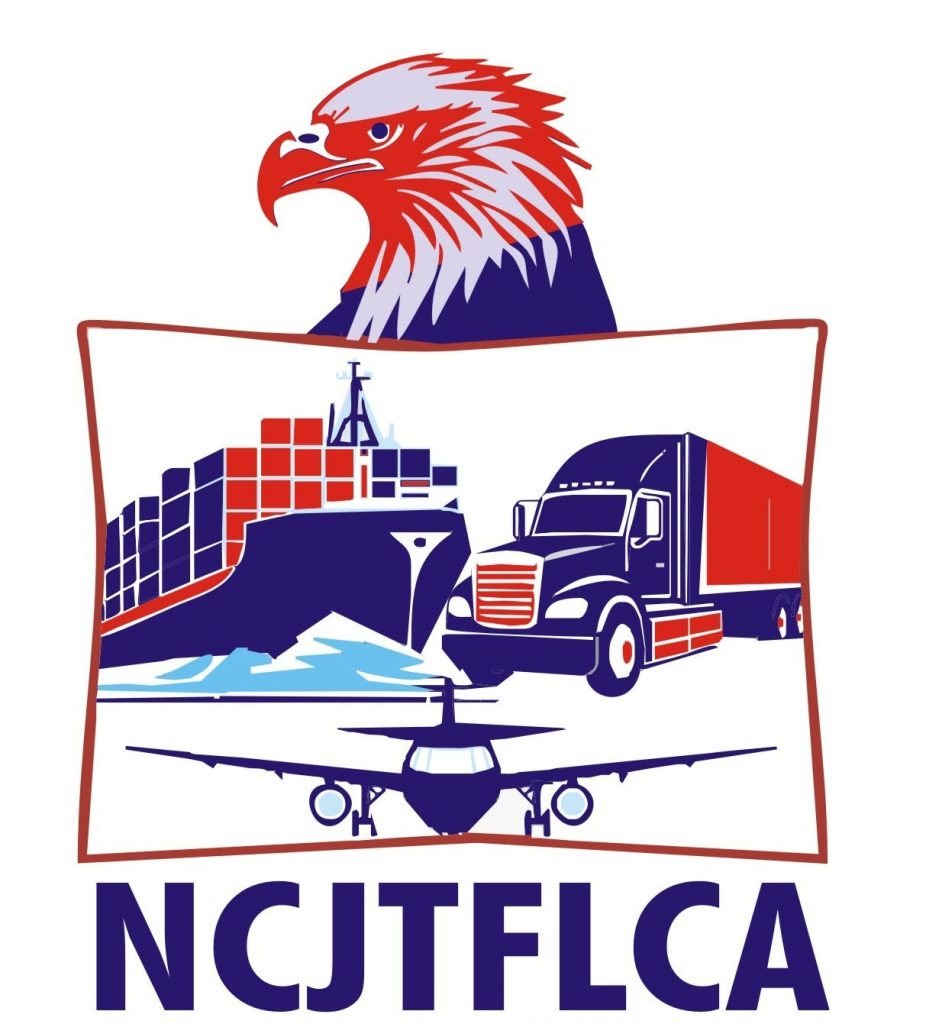
The National Compliance Joint Taskforce of Licensed Agents has emphasized the urgent need for uniformity in the customs duty regime across Nigerian ports, describing it as a critical strategy to increase government revenue, reduce inflation, and enhance the ease of doing business.
Speaking through its National Public Relations Officer, Rev. Alex Nwokedi in an official press statement made available to our correspondent, the taskforce said that inconsistencies in the assessment and application of customs duties have not only slowed down delivery timelines but have also contributed to rising costs of goods in the market.
“Uniformity in duty regime will increase revenue, reduce time of delivery, and improve the ease of doing business in our ports,” Rev. Nwokedi stated, adding that these reforms would support broader economic goals, including inflation control.
He stressed that one of the key factors fuelling inflation is the lack of consistent procedures in the clearing of goods at seaports. To mitigate this, the group recommends that the National Compliance framework focus on three core areas.
According to the taskforce, addressing these areas will reduce delays and confusion during cargo clearance, while fostering transparency and accountability in the system.
“The current disparities in customs procedures create room for manipulation, delays, and unnecessary financial burdens on importers, which ultimately get passed down to consumers,” Nwokedi explained.
The taskforce also described the recent efforts of the Nigeria Customs Service, particularly the interventions by the National Compliance arm, as commendable. They said these steps, if implemented thoroughly, would correct systemic anomalies that have plagued the sector for years.
“The intervention by National Compliance is a step in the right direction. By standardizing processes and ensuring consistency, we can increase transparency and boost economic efficiency,” the statement added.
The taskforce urged relevant authorities, including the Federal Ministry of Finance and the Nigeria Customs Service, to prioritize these recommendations as part of ongoing trade facilitation and reform initiatives aimed at enhancing port efficiency and driving national economic growth.















